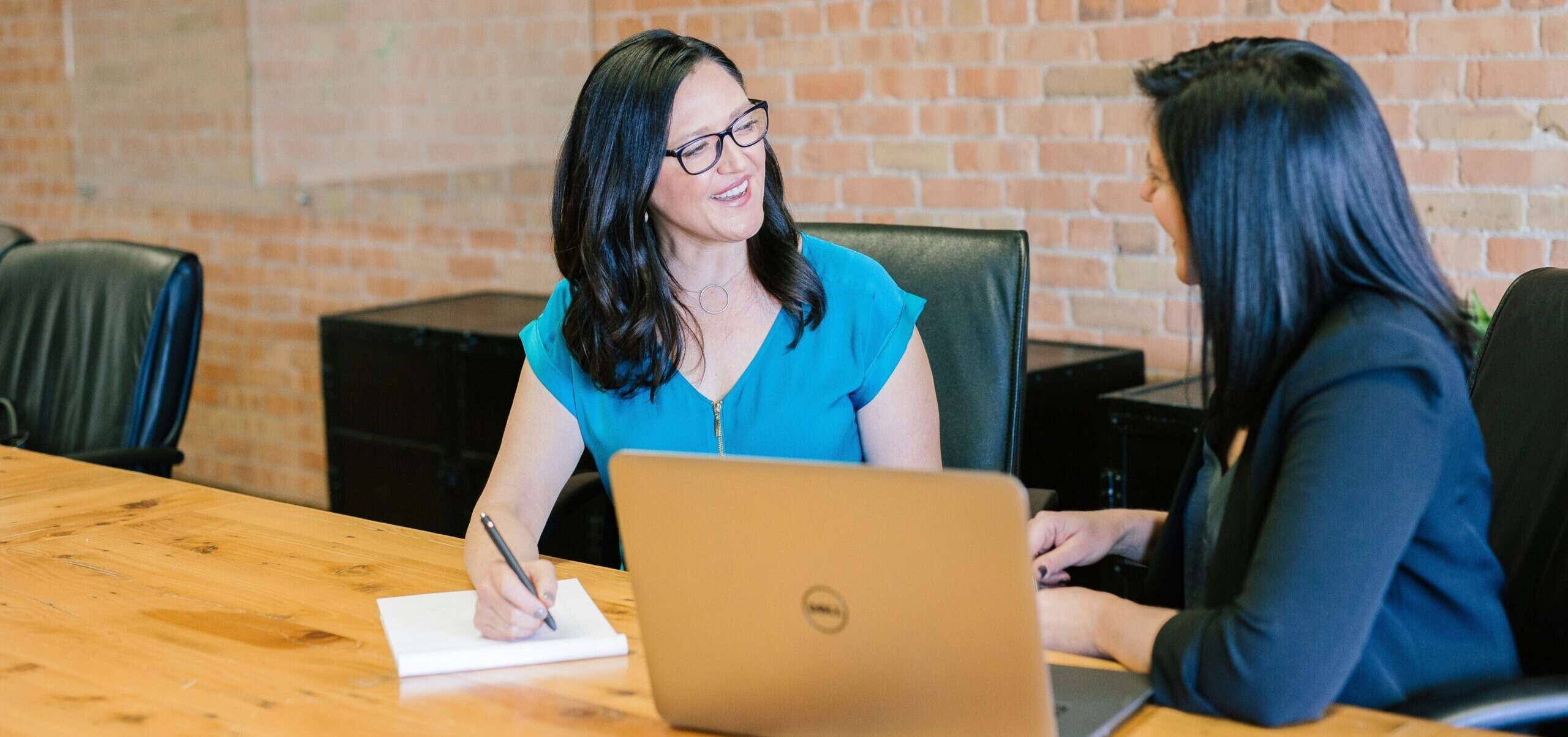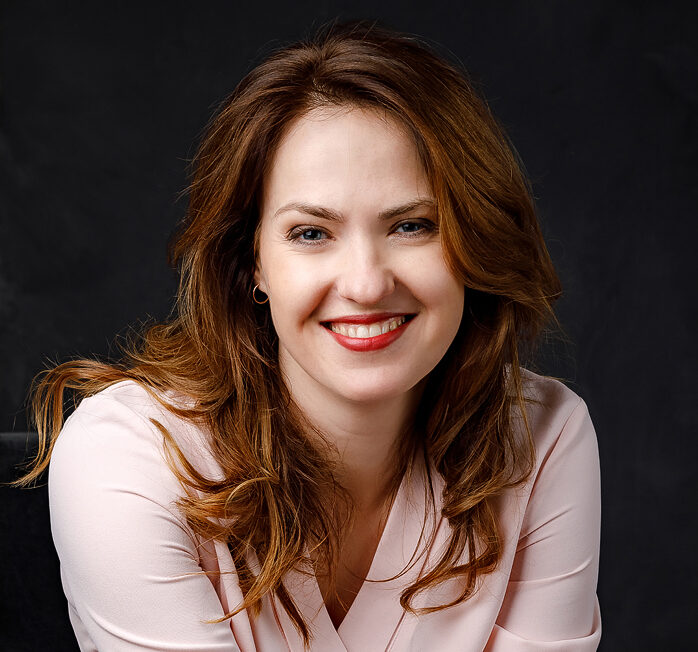
“Coaching is the art of asking the right questions so that people can discover the best answers themselves.”
(Sir John Whitmore)
In English, the word coach appeared in the 16th century and initially meant “carriage” (derived from the Hungarian word kocsi, related to the town of Kocs, famous for its quality carriages). Later, coach acquired a figurative meaning – “one who helps achieve goals” (just as a carriage transported people to their journey’s destination). In the 19th century, the word began to be used in academic settings to describe tutors who helped students prepare for exams, and by the mid-20th century, it had spread to sports, business, and personal development fields (business coaching, life coaching).
Briefly about coaching
Purpose: To help a person discover and realize their potential, formulate goals and pursue them, find motivation.
Methods: The coach asks questions, encourages reflection, helps see the situation more clearly and find solutions for the client themselves.
Relationship: A coach isn’t necessarily an expert-professional in any specific field (though they certainly can be). They help the client find solutions most suitable for them using universal coaching tools applicable to all fields.
When is it used? When a person wants to improve, see their goals more clearly, consciously understand their motivational system, and develop individualized progress strategies.
Purpose
The main purpose of coaching – is client empowerment through partnership that stimulates creative and provocative thinking, inspires to maximally reveal one’s personal and professional potential. It’s a cycle that can be repeated many times – understanding oneself, overcoming obstacles and purposefully moving toward desired changes, then understanding oneself even better, overcoming even greater obstacles and through changes coming even closer to one’s personality core, to the meaning of one’s existence.
Coaching is based on asking questions, increasing awareness and responsibility for decisions made. Over time it can be internalized, i.e. a part of personality representing the coach appears within the client, accompanying them on their further journey of change.
Methods
A coaching specialist employs awareness-expanding methods, most often expressed in the form of questions. They encourage reflection, help the client discover answers themselves, understand deeper reasons and make sound decisions.
- Doesn’t evaluate or give advice, but helps the client find the best solutions themselves.
- Actively listens, delves into the client’s words, emotions and unspoken things.
- Encourages awareness by asking questions that help the client see a broader perspective of the situation.
- Adheres to ethics and professionalism, ensuring confidentiality and a safe environment for growth.
- Helps set clear goals, clarify obstacles and discover internal resources to achieve them.
- Supports responsibility, encouraging the client to take action and be accountable for their change.
Relationship
The relationship between client and coach is one of the fundamental elements of the coaching process that often determines success or failure. This relationship is based on collaboration, trust and mutual respect.
🌊 Trust and safety:
- The client must feel safe and trust the coach to be able to openly share their thoughts, feelings and challenges.
- The coach must ensure confidentiality and accept the client unconditionally, without judging their actions, qualities or decisions.
🌊 Collaboration:
- This is an equal partnership relationship – the coach isn’t an “expert” who gives advice, but rather a “helper” who assists the client in finding their own solutions.
- The client is responsible for their changes, while the coach supports and helps set direction.
🌊 Active listening:
- The coach actively listens to the client, doesn’t make assumptions or interfere with their own opinions.
- The client has the opportunity to express themselves without fear of being misunderstood.
🌊 Based on questions:
- The coach uses questions that help the client delve into their thoughts, values and goals.
- Questions encourage reflection and the emergence of new insights.
🌊 Respect and unconditional support:
- The coach accepts the client as they are, without prejudice.
- The client should feel valued and understood.
People of different informational metabolism types communicate differently and their relationships don’t necessarily have to be comfortable. The science of socionics, which studies intertype relationships, even claims that some types are “programmed” for conflict, while other types complement each other very effectively, and people of the same type start to bore each other after some time.
Looking for an ideal coach is the same as looking for an ideal woman (or man) – a mission impossible. However, it’s worth listening to your inner self, because if the relationship is workable, normal, if the coach is an acceptable person who inspires respect and trust, progress will happen faster.
When does coaching help?
Coaching can be useful in various life and work situations when a person seeks to improve, achieve goals or solve problems. Here are the main situations where coaching can help:
🌿In personal development
- Increasing self-awareness: coaching helps better understand oneself, one’s strengths and weaknesses, values and goals.
- Strengthening motivation: the coach helps find internal motivation and maintain enthusiasm in pursuing goals.
- Stress management: coaching can help learn to manage stress more effectively and maintain mental balance.
- Achieving personal goals: whether related to health, relationships or hobbies, coaching helps set goals and achieve them.
🌿In professional development
- Career planning: coaching helps set career goals, figure out what steps are needed to achieve them, and overcome obstacles.
- Developing leadership skills: coaching can help develop leadership qualities such as communication, motivation and team management.
- Time management: the coach helps learn to plan time more effectively and prioritize tasks.
- Change management: coaching can help adapt to new work conditions, positions or professional life changes.
🌿Problem solving
- Overcoming obstacles: coaching helps identify obstacles preventing goal achievement and find ways to overcome them.
- Finding solutions: the coach helps discover new approaches and solutions in difficult situations.
- Changing behavior patterns: coaching can help change unproductive habits or behavior patterns that hinder improvement.
🌿Relationships and communication
- Improving communication skills: coaching helps learn to communicate more effectively with others, express thoughts and listen.
- Conflict resolution: the coach can help learn to resolve conflicts constructively both in personal and professional life.
- Improving personal relationships: coaching can help better understand one’s own and others’ emotions, strengthen relationships.
🌿Encouraging creativity and innovation
- Developing creativity: coaching helps discover new ideas and approaches, especially when needing to solve problems or implement projects.
- Encouraging innovation: the coach can help implement new approaches or ideas at work or in personal life.
🌿Seeking life balance
- Work and personal life: coaching helps find balance between work, family and personal needs.
- Search for life meaning: the coach can help discover life’s meaning and determine what is truly important.
When doesn’t coaching help?
Coaching isn’t suitable when a person faces serious psychological or emotional challenges such as depression, anxiety disorders or trauma. In such cases, psychotherapy or other mental health services are needed. Coaching also isn’t always effective if the person isn’t ready to change or work on themselves. Thus, coaching helps when a person wants to improve, achieve goals, solve problems or change their life for the better. It’s effective when there are clear goals and willingness to work on oneself, but it’s important to distinguish when psychological help is needed versus coaching services.
Regulation
In Lithuania, coaching activity isn’t strictly regulated by state institutions. This means various specialists can provide coaching services regardless of official licenses or certificates. For this reason, clients are recommended to carefully choose coaching specialists, considering their qualifications, experience and affiliation with professional organizations.
Lithuania has a branch of the International Coaching Federation (ICF) – ICF Lithuania, which seeks to ensure high standards of coaching services. ICF Lithuania establishes the main competencies of coaching specialists and a code of ethics, adherence to which helps ensure service quality.
Those wanting to become professional coaching specialists can choose ICF-accredited training programs that ensure high training quality and compliance with international standards. For example, UAB L-CON Global offers two certified programs: “Coaching Essentials – Coaching Basics” and “Certificate Team Coaching”.


